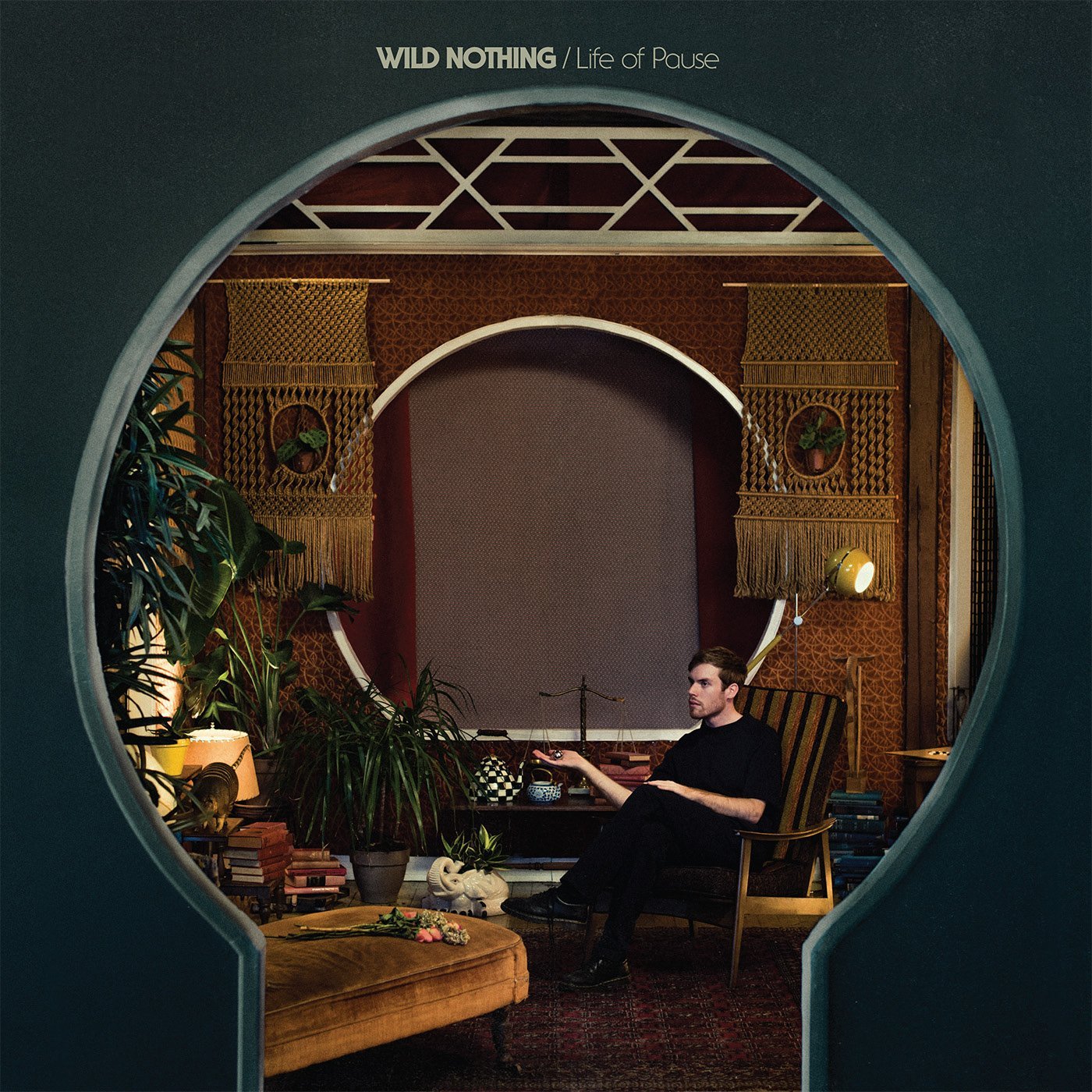The Smiths have a lot to answer for. Morrissey and Marr weren’t the first (or even the best) to turn rock’s bravado and swagger into the indie traditions of insular reflection and angst-ridden wistfulness, but they were easily the most influential. Three decades later and the aesthetic lives on across the spectrum of modern guitar music, almost defining the concept of indie. Wild Nothing, the studio project of Jack Tatum, is prototype indie, regardless of whether it’s viewed through the prism of late ’80s shoegaze, ’90s guitar pop or noughties American chillwave, and on new album Life Of Pause, it adheres to convention while pushing at its boundaries.
So, yes, The Smiths. But also Pale Saints, New Order and Cut Copy – keyboards, reverb, basslines, fey vocals. Tatum’s greatest skill has always been how stylistically unique the project remains while performing such obvious moves – Wild Nothing may owe a lot to indie heritage, but there isn’t really anyone else who sound identical; more so on Life Of Pause, as Tatum plays with a greater range of sounds and instruments than previously. The trembling marimbas of ‘Reichpop’ introduce the album with a tropical playfulness, while a violin-like sound leads ‘TV Queen.’ It’s not all successful – the piano-and-strum combination opening ‘Adore’ accidentally sounds like Oasis’ ‘Wonderwall’, and not in a good way – but while it might not be stylistically adventurous, it certainly is rich on ideas.
Unfortunately, production ideas alone are not enough to make Life Of Pause stand out. There’s a sense Tatum has neglected other skills for the sake of sonic innovation – namely, his abilities to deliver vocals, write strong hooks, and craft moods. Previous material indicates that he can do all this with excellence – 2012 album Nocturne remains a high point in anyone’s career – so it is disappointing how much of Life Of Pause seems to drift. Not that all of it does simply float by. Lead single ‘To Know You’ propels itself along on a riff of squalling feedback, while ‘TV Queen’ is an indie-disco stomper with a direct chorus. But Life Of Pause is poorly paced, an album of two halves where the second towers over the first, by which point it feels too late.
The best point on Life Of Pause comes right at its centre, on the shimmering slowness of ‘Alien.’ In a way, it’s the most conventional song on the album, a syncopated groove of dubby drums, understated lyrics and soft chords. There’s a rush of thundering guitars and for a moment Life Of Pause feels like an indie classic, and there’s a sense of waste upon realising Tatum has sacrificed the sense of craft that elevated him above his peers. There is nothing wrong with Tatum’s palette of indie signifiers and recognisable textures – in fact, it sounds as good as it ever did. It’s not that it’s all been heard before; just that it’s been better. Life Of Pause pushes against boundaries, but Wild Nothing work best constrained by limits.




